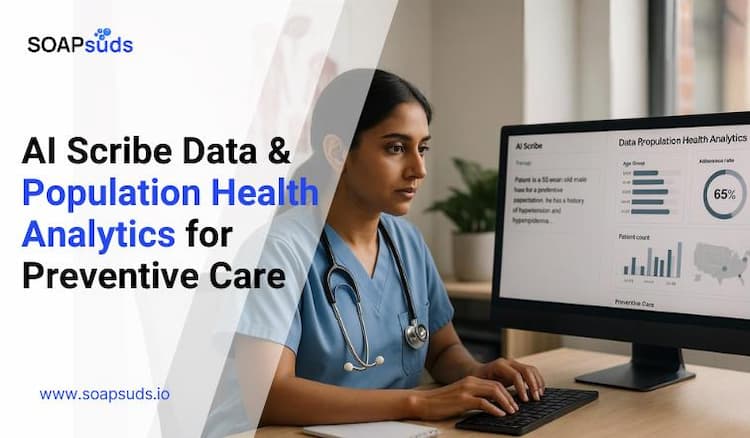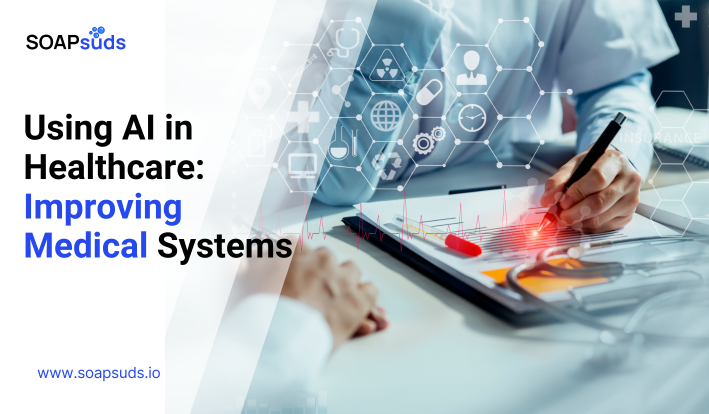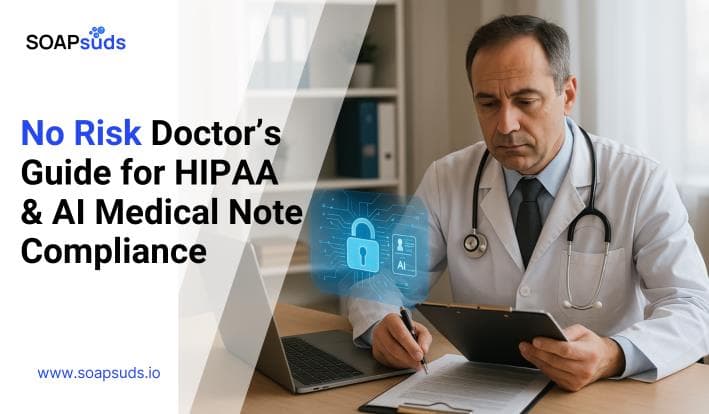Evaluating the Effectiveness and Utility of Online Medical Transcription
SOAPsuds team
Published: 3/4/2025
SOAPsuds team
Published: 3/4/2025

Deciding between EHR and paper records is an essential choice for group practices today.

Healthcare scheduling goes beyond simple planning; it’s the backbone of running organized, well-supported teams

AI scribes and population health tools are reshaping preventive healthcare. By automating note-taking and reviewing

Artificial intelligence is making a significant impact on healthcare by using machine learning to analyze...

For over 15 years, value-based care (VBC) has reshaped healthcare by moving the emphasis

AI scribes can reduce documentation work for doctors by up to 70%, but they also
Clinical Notes
SOAP notes
DAP notes
AI medical notes